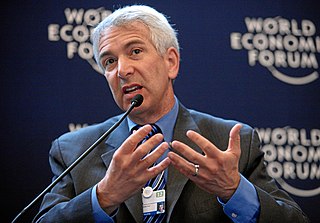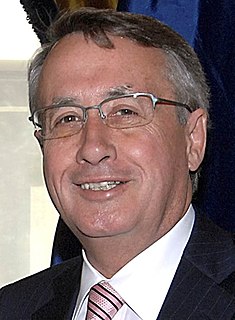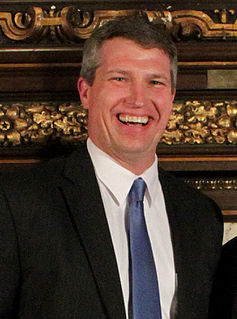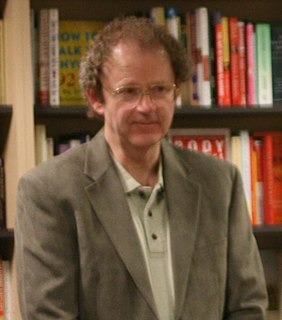A Quote by Fred Krupp
It's just economics 101: When it's free to pollute, you get more pollution. But when there's a price to pay, industry will have an incentive to find low-cost carbon solutions.
Related Quotes
Ordinary Americans can't pollute for free. You can't dump your trash on the sidewalk or throw all your refuse into your neighbor's yard. I don't understand why corporate polluters should be allowed to dump megatons of carbon, the most dangerous pollution in the history of the world, into our thin shell of an atmosphere, and not pay a penny to do it.
The question is: do we pay a little bit more now? Or do we pay a whole lot later? For the equivalent of a postage stamp a day for each American, we can put a price on carbon today that will send a signal to private capital to invest in the clean technologies of tomorrow. Taking a vast portfolio of new energy solutions to scale will ultimately drive down costs through competition.
Classical economics values things by seeing how much someone will pay for them. But this is where classical economics is wrong. What it fails to account for are all the 'externalities' - the services people regard as free goods: pollination services, flood protection, climate regulation, soil stabilization, carbon sequestration.
I think when it comes to climate change, the single most important thing in the world is for the United States' Congress to pass an effective bill that will put a price in carbon because if it starts costing something to emit carbon, this will provide an incentive, people do act on the basis to some extent of economic incentives to emit fewer greenhouse gases.
There's no free lunch. If you want an industrial economy, you need energy. If you want energy, it will produce pollution. You can have it in two forms. You can have it dissipated in the atmosphere - like carbon dioxide - which then you cannot recover, or you can have the waste concentrated in one small space like nuclear. That is far easier to deal with. The idea that you can be able to create renewable energy at a price anywhere near the current price for oil or gas or coal is a fantasy.





























